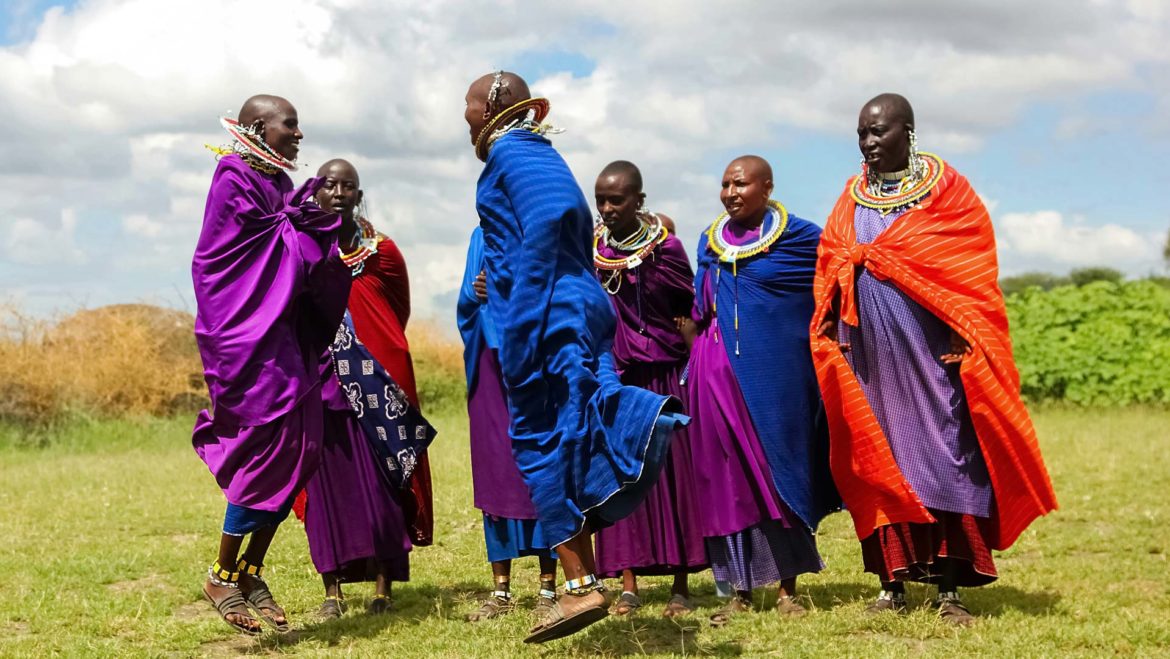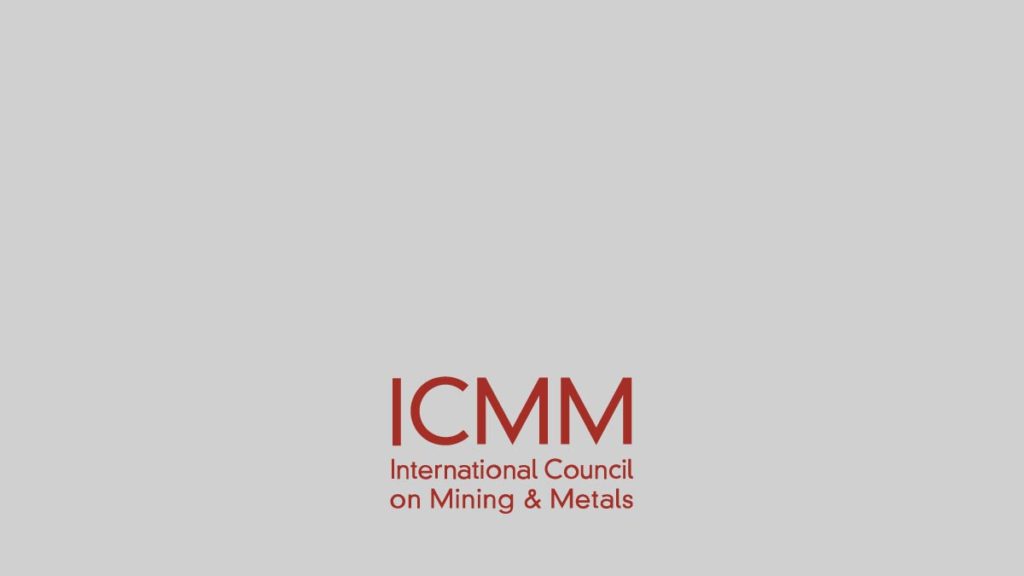
Engagement and Indigenous Participation
This section discusses the importance for companies to understand the local context before engaging with Indigenous Peoples. It also explains the principles of good engagement, how companies should approach initial contact and the principle of FPIC.
For a greater understanding of this section please refer to Indigenous Peoples and Mining (p20)
Baseline Information
It is essential to understand the local context for engaging with Indigenous Peoples from the earliest stage of a project. Baseline information is particularly important.
The principles of good engagement
Ensure inclusivity at the earliest stage. Companies need to make sure all members of the community, including woman, young people and the elderly, are consulted; and the company is committed to acting in an inclusive and non-discriminatory way.
Initial Contact
First impressions count and will set the tone for the whole project. Staff and contractors who are prepared, sensitive and respectful to Indigenous Peoples’ culture can provide the foundation for a solid relationship. Difficulties arise when companies:
- Enter into a specific area without seeking permission
- Do not engage broadly and fail to explain what they are doing, and why
- Disregard, or are ignorant of local customs
Indigenous Peoples’ involvement in decision-making
A broad support of communities is essential for mining projects to be successfully developed.
- Indigenous Peoples should have involvement and consent in project decision-making processes
- A shared understanding of affected indigenous groups
- An effective means to ensure Indigenous Peoples are informed about, and understand all mining project impacts
- Companies need an understanding of local decision-making processes and structures
- Acceptable timeframes throughout the project’s lifetime need to be agreed
- Terms and conditions for the provision of continuous community support need to be agreed
- Record all processes and reached decisions
- Support for Indigenous communities’ to have the capabilities to engage in decisions needs to be offered eg providing access to independent expert advice etc
ICMM members’ approach to FPIC
The ICMM members’ approach to FPIC seeks to respect the rights and interests of Indigenous Peoples and recognise the rights of states to make decisions in relation to the development of resources within their jurisdictions. The ICMM’s view is that successful mining and metals projects require the support of a range of interested and affected parties; including governments and host communities. FPIC comprises a process and an outcome. Through this process Indigenous Peoples are:
- Able to freely make decisions without coercion, intimidation or manipulation
- Given sufficient time to be involved in key project decision-making
- Fully informed about all aspects of the project, including potential impacts and benefit
Indigenous People regard FPIC as:
- A means for guaranteeing respect for the rights of all communities and groups made up of Indigenous Peoples
- A means for guaranteeing respect for their decision-making processes and their right to accept or reject a project
- A principle of negotiating in good faith on the basis of mutual respect and equality
- Indigenous Peoples’ have their own perspective on their rights. These should be taken into account to ensure outcomes are consistent with the ICMM’s position statement
Intergovernmental and government perspectives on FPIC
Most countries retain the ownership of mineral rights and have the right to make decisions on the development of resources according to national laws.
- ILO Convention 169 is legally binding on the 22 countries that have approved the convention
- The convention recognises the cultural and spiritual value Indigenous Peoples attach to their lands and also traditional occupation and use of land as the basis for rights to lands and resources
- The convention requires states to consult Indigenous Peoples before exploration or exploitation of sub-surface resources
- The convention stipulates that Indigenous Peoples should not be removed from their lands. Where relocation is unavoidable, this is to be done with their consent and participation with return to the lands as soon as possible. Where consent is not forthcoming, relocation can only occur when following procedures set out by national laws
- The UNDRIP recognises FPIC as an aspect of Indigenous Peoples’ right to property, their cultural rights and their right to self-determination
Engagement Challenges
Challenges will occur when working with Indigenous Peoples, the most common include:
- Dealing with negative legacies and perceptions
- Managing community expectations about projects
- Language and other communication challenges
- Maintaining focus on engagement over time
Tool 5 provides information for dealing with each of these challenges.
Community, Economics, Environment, Ethical Business, Management, Rehabilitation
Early Engagement and Agreements with Native Title Owners in New South Wales
The benefits of establishing solid relationships, long before exploration works start

